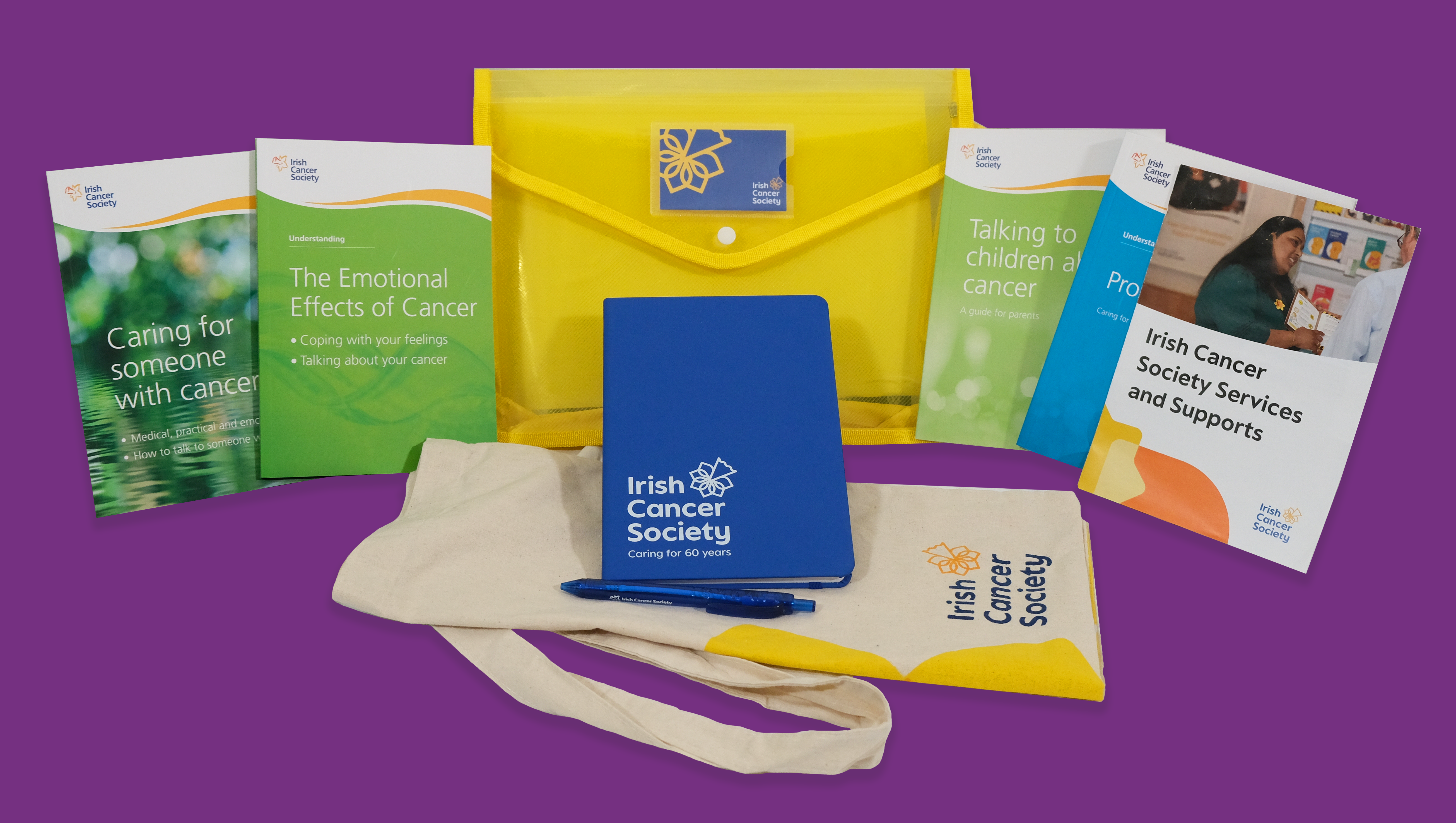Do I need a special diet or supplements?
It is best not to experiment with special diets while on treatment.
Should I follow a ‘special’ diet?
After a cancer diagnosis most people want to do everything they can to feel as well as possible and help their recovery. You might think that following a special diet or taking supplements, such as herbal or vitamin pills, might be healthier or help you to fight cancer, but it is best not to experiment with special diets while on treatment. Diets not recommended by your doctor or dietitian can do more harm than good.
Why the experts don’t recommend ‘fad’ diets
There is no scientific proof that any of these diets can control cancer or stop it coming back.
For most people, a balanced diet is best, which means eating a variety of foods. Special diets often ask you to cut out certain foods or eat a lot of one type of food, which could lead to deficiencies that make you feel fatigued (tired) or unwell. Restricting your diet can also lead to weight and muscle loss, so you may be less able to tolerate your treatment.
It’s important to keep your strength up and avoid weight loss where possible. Many ‘special’ diets tend to be low calorie, which may result in you losing weight and muscle mass.
Should I take supplements?
Vitamins and minerals are important for your health, so try to have a varied, balanced diet that will give you vitamins, minerals and plant substances (phytochemicals). Fresh vegetables and fruit are good sources of phytochemicals.
Most people get all the nutrients they need from a balanced and varied diet. Your doctor or dietitian will tell you if you need to take a vitamin or mineral supplement. For example, if you’re having problems absorbing nutrients from your food.
Some people take large amounts of vitamins thinking it will boost their immune system or help their body to fight cancer. There’s no evidence for this. In fact, large doses of some vitamins and minerals can be harmful or may interfere with your treatment. For example, too much vitamin C can affect how radiotherapy or chemotherapy work.
Some herbal/plant products may be harmful or interact with your medications, so it is important to discuss these with your medical team, even if you used them safely before your diagnosis.



Talk to a Cancer Nurse

Support Line
Our Daffodil Centres

